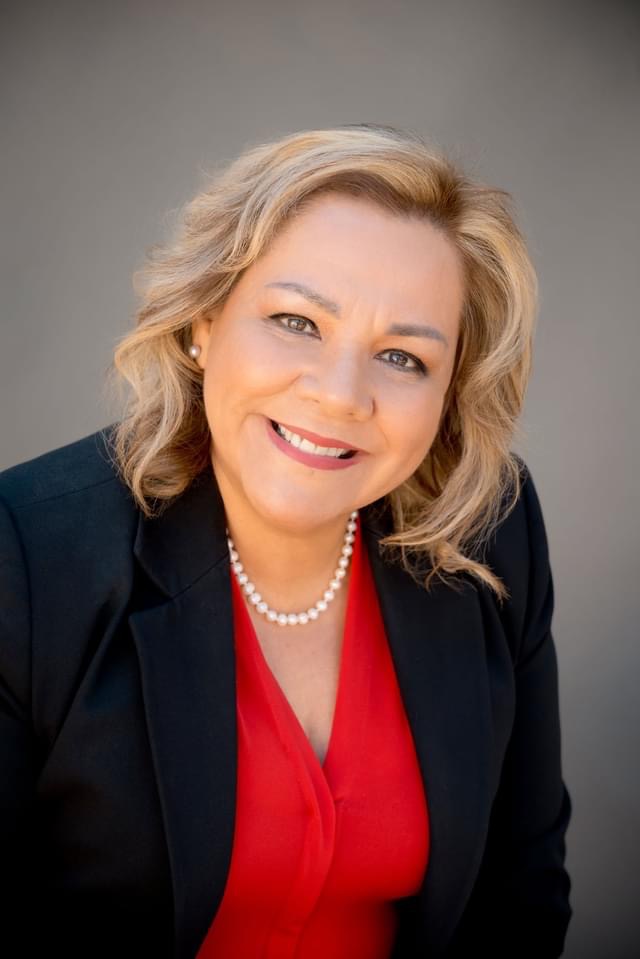Email: [email protected]

You’ve finally found the perfect home. It’s got the number of bedrooms you wanted, a spacious kitchen, updated bathrooms, and even a beautiful vegetable garden out back. Now comes the tricky part—how to pay for it.
Numerous home buyers find financing their mortgages through a credit union to be a good option. According to Magnify Money, approximately nine percent of mortgages are held by credit unions. These non-profit organizations essentially operate like banks, but are more laid back, less aggressive, and easy to work with. Here are some of the top benefits you’ll find when financing your mortgage through a credit union.
As a part of their philosophy, credit unions put a higher priority on customer service than they do profits. They don’t have to answer to external stockholders and put priority on profits the way traditional for-profit banks do. As a result, credit unions are equipped to offer easier loan approvals and decent mortgage rates. Even if you have a lower credit score or have saved a smaller down payment than traditionally required, you can usually find a credit union willing to work with you.
Credit unions are known to offer fewer origination fees and lower processing costs because they don’t have the same requirements banks do. For instance, credit unions don’t have to pay federal taxes and need to break every year due to their non-profit status. These savings are usually passed onto their members.
Many mortgage seekers find they enjoy working with an entity that strives to treat them as a person, not as a distant account number. Since many credit unions are smaller entities than their for-profit banking counterparts, they typically offer a “small-town” feel, even if they are a large credit union. This is because their memberships are limited to specific affiliations.
Also, a consideration you might find of value is the fact credit unions don’t typically sell out to other entities. Chances are you’ll have one lender to deal with through the lifetime of your mortgage (although not a 100% guarantee). If you borrow from a bank, chances increase for your loan to change hands many times over the years.
There are many benefits to knowing who services your loan. If a problem or other issue arises, you’ll almost always know who you can turn to and where to send your payment.
Ideally, you’ll want to be preapproved before starting your home search so you know how much you qualify for and don’t waste time looking at homes out of your price range—this is no matter what lender you ultimately decide to take out a mortgage with. But if you’re looking for low maintenance and high- quality lenders, a credit union might suit your needs.
If you’re not sure you can join one, be sure to consider all of your personal and professional affiliations, be they your college alumni, employer, HOA or church, to name a few. You can find out which ones you are eligible to join by checking your affiliations at CUlookup.com.

You don’t need to do this alone. I am bilingual in English and Spanish, and I have been in the industry for over 20 years, after earning my degree in Business Management and successive studies in Human Resources and Technology. Never content to let my education lapse, I also received a certification in Negotiation Skills from Pepperdine University and attended courses at Stanford University. A leader in the field, I am a member of the Santa Clara Board of Realtors and served as a professional standards ombudsman for 8 years. I completed a term as the President of the National Hispanic Organization of Real Estate’s Santa Clara chapter in 2016, now serving as this organization’s National Vice President. I pursued additional in-depth training to achieve professional designations as an ABR (Accredited Buyer’s Representative), CRS (Certified Professional Specialist), and SRES (Seniors Real Estate Specialist), GREEN certification, and RCS-D (Divorce Real Estate Specialist). Far from being a meaningless alphabet soup, this demonstrates how proactive I am in pursuing the latest knowledge so that I completely prepared to satisfy all my sellers' and buyers' unique needs. I am committed to Excellence!